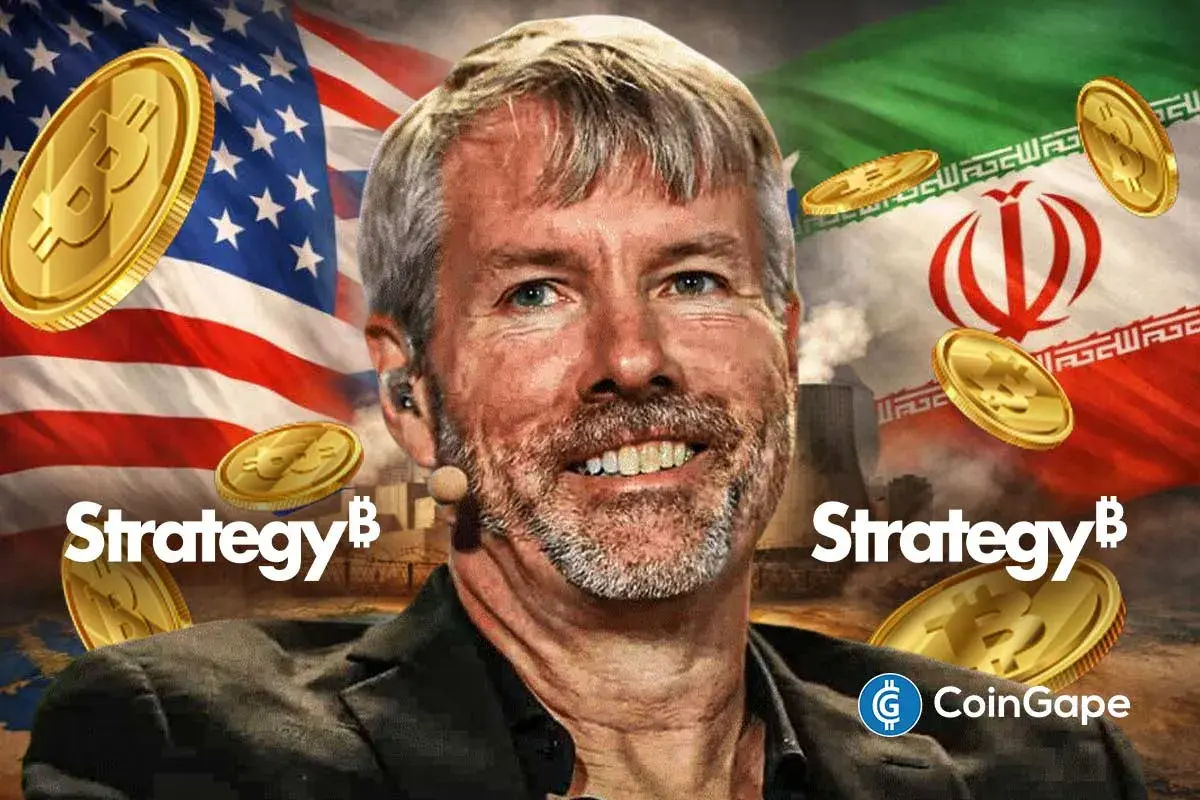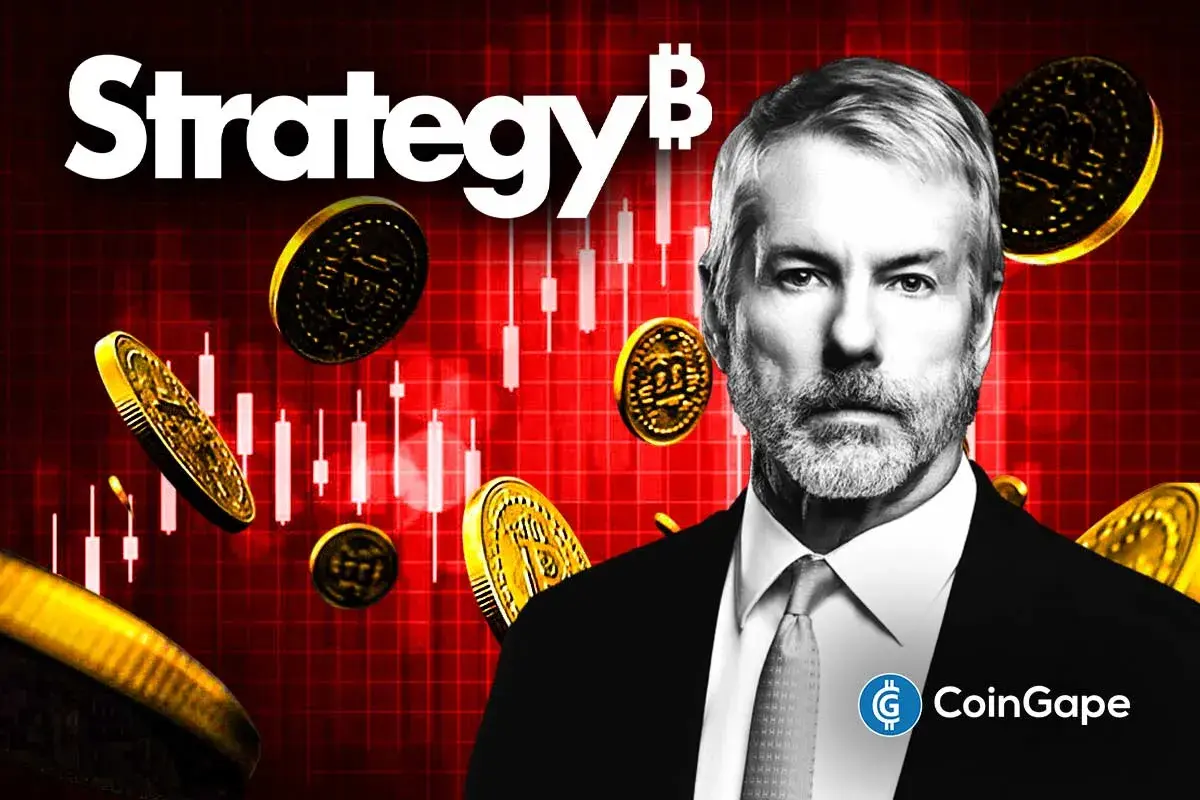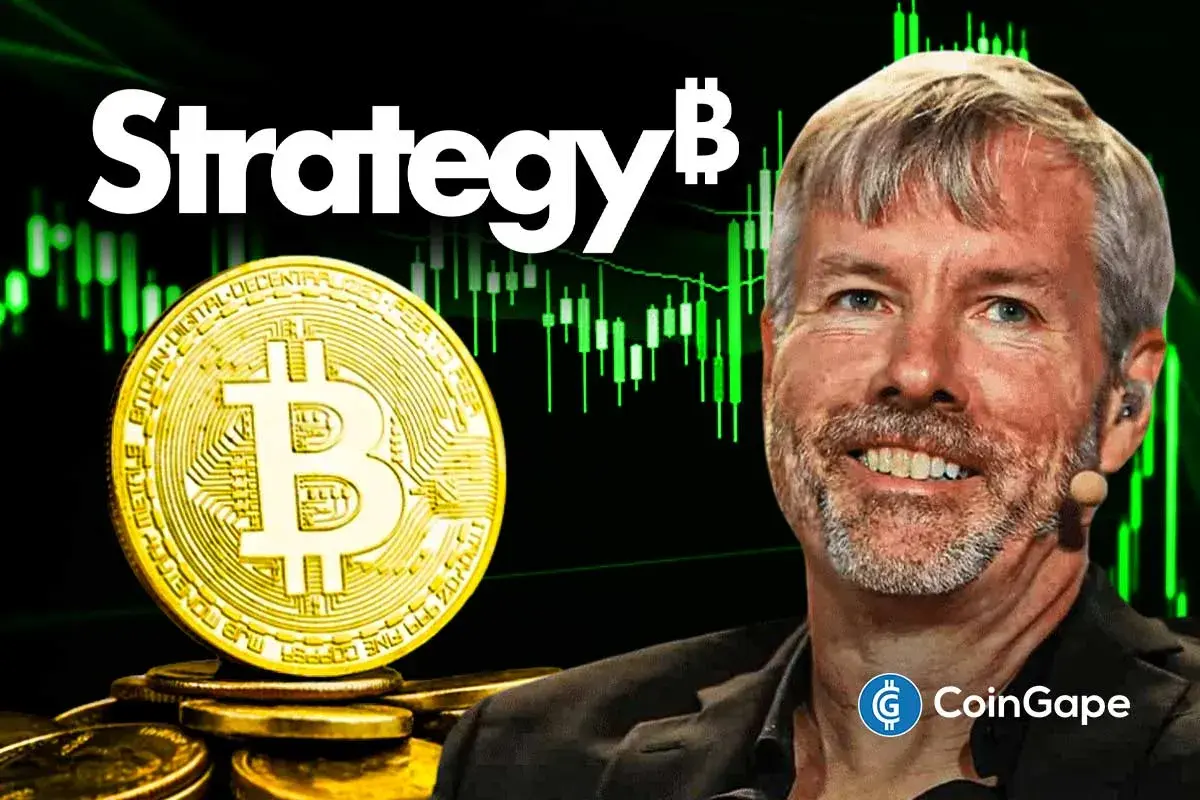MicroStrategy Founder Michael Saylor Featured In Fresh YouTube Live Scam

Highlights
- Michael Saylor scams have resurfaced on YouTube again
- This scam also featured media personality Patrick Bet-David
- More crypto-affiliated public figures are subject of AI scams
There is a new scam featuring Michael Saylor that is making rounds on YouTube, a scheme which if left unchecked could see unsuspecting investors fall victim to the manipulation.
Michael Saylor Scams Featuring Money Doubling
In this YouTube video, MicroStrategy founder Michael Saylor was seen speaking on the Patrick Bet-David podcast. Along the line, he asked his viewers to scan the QR code that was displayed on the screen to double their Bitcoin (BTC) holdings. It turned out to be that the live stream is not real but only one of the instances of Michael Saylor scams that have been trending for a while.
Unfortunately, many individuals may lose their assets because of how real the video seems. On the other hand, those who are very careful may remember that Saylor had previously warned of such scams in the past.
🚨BREAKING NOW: FAKE A.I LIVESTREAM ON YOUTUBE SCAMMING LISTENERS
The fake stream shows Michael Saylor on the @patrickbetdavid podcast, asking listeners to scan the code on screen (blurred below) to double the Bitcoin they send.
The stream is STILL ongoing and has been for OVER… pic.twitter.com/PDa6ASIkFE
— Mario Nawfal (@MarioNawfal) March 19, 2024
In January, the MicroStrategy founder raised an alarm on the growing proliferation of AI-generated deep-fake videos in the Bitcoin community. Most of these scams were mostly posted on YouTube. He identified some of these videos that featured him promoting Bitcoin trading and cryptocurrency giveaway scams.
Michael Saylor discovered that the scam videos were posted at least every ten minutes.
This led him to drop a warning message for his followers, encouraging them to “be careful out there, and remember there is no such thing as a free lunch.”
Growing Concerns About YouTube Scams
According to Saylor, his team takes down as many as 80 fake YouTube videos per day that are focused on promoting one form of fraud or the other. The MicroStrategy owner was clear on the fact that his company does not give away free Bitcoin to anyone who scans a barcode. Saylor highlighted that there is no risk-free way for anyone to double their Bitcoin portfolio.
Meanwhile, these YouTube scams have been ongoing for quite some time and many top crypto-players have remained the constant target. Last year, a deep-fake video of Ripple CEO Brad Garlinghouse also surfaced on YouTube, and just like in Saylor’s case, he was seen asking his listeners to double their XRP crypto.
This is a tactic that is frequently utilized by the bad actors behind the scams. While they might explore other strategies in the future, crypto users are advised to remain vigilant and cautious.
Play 10,000+ Casino Games at BC Game with Ease
- Instant Deposits And Withdrawals
- Crypto Casino And Sports Betting
- Exclusive Bonuses And Rewards

- Bitcoin, Gold Slip as Donald Trump Says “Unlimited Munition Stockpiles” for US-Iran War
- Crypto Prices Today: BTC, ETH, XRP Prices Surge Despite Iran’s Strait of Hormuz Closure
- Nasdaq Brings Prediction Markets to Wall Street with New SEC Filing
- Is the Bitcoin Price Correction Really Over or Is This a Bear Market Trap?
- ‘Gambling Is Not Investing’: New Group Pushes Crackdown on Prediction Markets
- Top 5 Historical Reasons Dogecoin Price Is Not Rising
- Pi Coin Price Prediction for March 2026 Amid Network Upgrade, KYC Boost, Rewards Distribution
- Gold Price Nears ATH; Silver Eyes $100 Breakout on Us- Iran War
- Bitcoin And XRP Price As US Kills Iran Supreme Leader- Is A Crypto Crash Ahead?
- Gold Price Prediction 2026: Analysts Expect Gold to Reach $6,300 This Year
- Circle (CRCL) Stock Price Prediction as Today is the CLARITY Act Deadline

 Buy $GGs
Buy $GGs

















